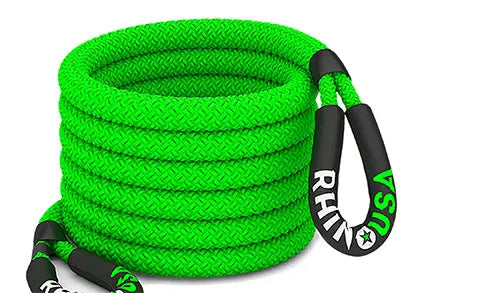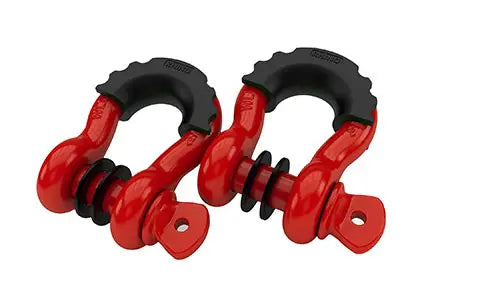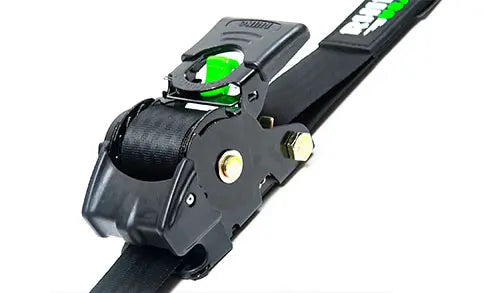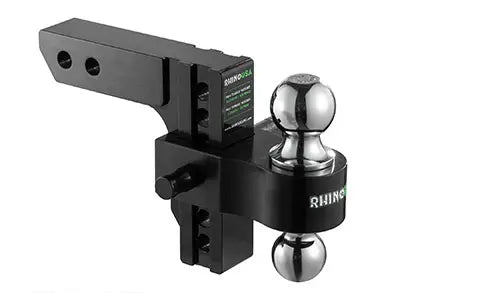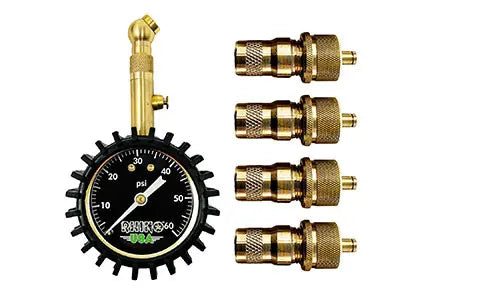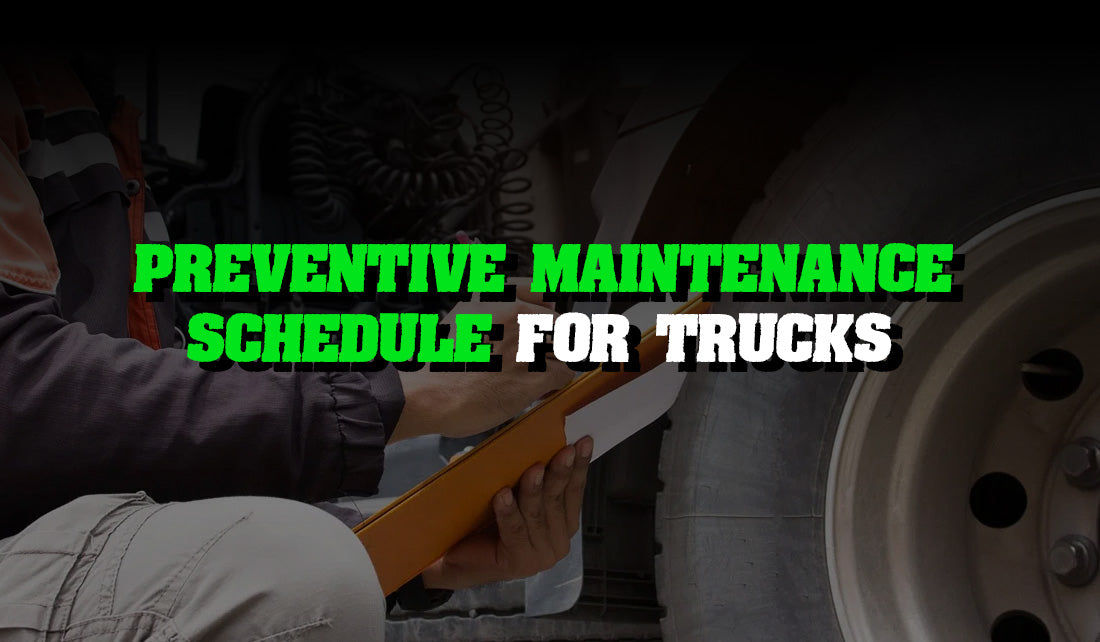
Preventive Maintenance Schedule for Trucks
Preventive maintenance (PM) is the routine care and servicing of your truck to prevent problems before they happen. Keeping up with a PM schedule can save you money, improve safety, and reduce downtime. By regularly checking and servicing your truck, you can avoid costly breakdowns and keep your truck running smoothly.
A good PM schedule is based on time, mileage, and seasonal needs. This means you’ll perform certain checks and tasks at regular intervals to catch potential issues early. Regular and daily checks help ensure everything is in good working order and can extend the life of your truck.
Creating a customized PM schedule for your fleet trucks can improve reliability and efficiency. When trucks are well-maintained, they are less likely to experience unexpected failures, which keeps them on the road earning money.
Factors Affecting Your PM Schedule
A one-size-fits-all approach doesn't work for truck preventive maintenance (PM) schedules. Various factors determine how often and what kind of maintenance your truck needs.
Manufacturer Recommendations
Always refer to the owner's manual for the manufacturer's maintenance guidelines. They provide essential information on when to perform specific checks and services.
Truck Usage
How you use your truck greatly influences your PM schedule. For example:
- Long-Haul vs. Short Trips: Long-distance trips put different stresses on your truck than short, frequent trips.
- Weight Hauled: hauling heavy loads requires more frequent checks, especially for brakes and suspension.
Operating Environment
The environment in which you operate also affects your maintenance schedule.
- Extreme Weather: Operating in harsh conditions like extreme heat or cold can cause wear and tear faster.
- Terrain: Rough roads and hilly areas can impact your tires, suspension, and engine more quickly than smooth highways.
Carefully considering these factors helps you to build a reliable and effective PM schedule.
Key Components of a PM Schedule
A preventive maintenance (PM) schedule for trucks involves regular checks and services to keep vehicles in top condition. Here are the major areas covered:
Engine
Oil and Fluids
- Check and change the engine oil.
- Inspect coolant levels and top up if necessary.
- Ensure other fluids like brake and transmission fluids are at proper levels.
Belts and Hoses
- Inspect belts and hoses for wear and tear.
- Replace any damaged or worn belts and hoses.
Drivetrain
Transmission
- Check transmission fluid levels.
- Examine for leaks or unusual noises.
Drive Shaft
- Inspect the drive shaft for alignment.
- Grease universal joints if applicable.
Brakes
Pads and Rotors
- Check the thickness of brake pads.
- Inspect rotors for warping or damage.
Brake Lines
- Ensure brake lines are free from cracks and leaks.
- Confirm that connections are secure.
Tires
Tread Depth
- Measure tire tread depth.
- Replace tires with low tread.
Pressure
- Check and adjust tire pressure.
- Inspect tires for bulges or cuts.
Lights and Electrical
Headlights and Signals
- Test all lights, including headlights, brake lights, and turn signals.
- Replace burnt-out bulbs.
Battery
- Check battery terminals and cables for corrosion.
- Test battery charge and replace if weak.
Body and Interior
Exterior
- Inspect bodywork for rust or damage.
- Ensure mirrors and windows are clean and functional.
Cabin
- Clean and organize the inside of the cab.
- Test HVAC system functions.
Suspension and Steering
Suspension Components
- Check shocks and struts for wear.
- Inspect springs and bushings.
Steering
- Evaluate steering responsiveness.
- Inspect steering components for wear.
A well-rounded PM schedule ensures your truck operates safely and efficiently, helping to prevent unexpected breakdowns and costly repairs.
Sample PM Schedule by Frequency
Maintaining a truck is all about regular and timely checks. A well-organized preventive maintenance (PM) schedule can keep your truck running smoothly and prevent breakdowns. Here's a sample PM schedule based on different frequencies.
Daily Tasks
- Fluid Levels: Check oil, coolant, brake fluid, and windshield washer fluid.
- Tires: Inspect tire pressure and condition.
- Lights: Ensure all lights—headlights, brake lights, and turn signals—are working.
- Mirrors and Windshield: Clean and inspect for cracks or damage.
Weekly Tasks
- Battery: Check battery terminals for corrosion and secure connections.
- Brakes: Inspect brake pads and ensure they aren't worn.
- Wipers: Test windshield wipers for proper functioning.
- Leaks: Look under the truck for any fluid leaks.
Monthly Tasks
- Air Filters: Inspect and replace if clogged or dirty.
- Belts and Hoses: Check for signs of wear or damage.
- Suspension: Look at shocks and struts for leaks or damage.
- Exhaust System: Inspect for leaks, damage, or unusual noise.
Quarterly Tasks
- Alignment: Check wheel alignment and balance.
- Transmission Fluid: Inspect fluid levels and replace if necessary.
- Drive Shaft: Ensure it is properly lubricated.
- Differential Fluid: Check and replace as needed.
Annual Tasks
- Coolant Flush: Flush and replace engine coolant.
- Brake Fluid: Replace brake fluid to maintain braking efficiency.
- Full Inspection: Conduct a comprehensive inspection of the engine, transmission, and other major components.
By following this schedule, you can maintain your truck’s performance and avoid costly emergency repairs.
Importance of Pre-Trip and Post-Trip Inspections
Pre-trip and post-trip inspections are a vital part of preventive maintenance for trucks. Performing these inspections helps you catch potential issues before they become serious problems. This ensures your truck stays in top condition and helps prevent costly repairs.
Pre-trip inspections involve checking key components of your truck before you hit the road. Here are some key checks:
- Brakes: Ensure they are functioning correctly.
- Lights and Signals: Verify all lights and signals are working.
- Tires: Check for proper inflation and any visible damage.
- Fluid Levels: Inspect levels of oil, coolant, and other essential fluids.
- Mirrors and Windshield: Make sure they are clean and free from cracks.
Post-trip inspections are just as important and ensure any issues that arose during the trip are addressed before the next journey. Key points include:
- Inspecting Tires: Look for wear and tear that may have occurred.
- Checking Brakes: Confirm they do not show signs of excessive wear.
- Examining Undercarriage: Check for any signs of leakage or damage.
- Lights and Electricals: Ensure lights and electrical systems are still functioning.
These inspections are mandatory by the Department of Transportation (DOT) and the Federal Motor Carrier Safety Administration (FMCSA). They are essential for the safety of both the truck driver and other road users. Additionally, they help maintain the reliability and efficiency of the truck.
Additional Tips for Maintaining Your Truck
Keeping detailed maintenance records is crucial. Track everything from oil changes to brake inspections. This helps you identify patterns and anticipate future needs.
Using high-quality parts and lubricants enhances performance and longevity. Cheap alternatives can lead to frequent repairs.
Regularly check your tires. Ensure they are properly inflated and inspect for wear. Uneven tire wear can indicate alignment issues.
Inspect your brakes often. Pay attention to any squeaking sounds or reduced responsiveness.
Ensure all lights and signals are working. Proper lighting is vital for safety, especially during night drives.
Keep the engine clean. Remove dirt and debris that can cause overheating.
Check fluid levels, including oil, coolant, and windshield washer fluid. Keeping these at proper levels ensures smooth operation.
Maintenance Checklist
| Component | Frequency | Notes |
|---|---|---|
| Oil Change | Every 5,000-10,000 miles | Use high-quality oil |
| Tire Inspection | Monthly | Check pressure and tread |
| Brake Check | Every 6 months | Look for wear and tear |
| Light Check | Monthly | Ensure all lights function |
| Fluid Levels | Monthly | Top off as needed |
Regular maintenance not only keeps your truck running efficiently but also helps to prevent unexpected breakdowns. It's essential to be proactive and address minor issues before they become major problems.
Conclusion
A preventive maintenance schedule for your trucks is crucial to keep your fleet running smoothly. Regular checks and maintenance can help avoid unexpected breakdowns and costly repairs.
Creating a preventive maintenance plan tailored to your specific trucks is essential. Take into account factors like the truck's age, type of operation, and manufacturer's recommendations.
It's important to set a regular maintenance interval. For example, every 10,000 miles or every six months. Stick to this schedule to ensure your trucks are always in top shape.
By investing time in developing a customized preventive maintenance schedule, you can extend the lifespan of your trucks, reduce downtime, and improve safety.
Remember, a well-maintained truck is not just about avoiding breakdowns; it's also about running a profitable and reliable operation.
- Choosing a selection results in a full page refresh.

